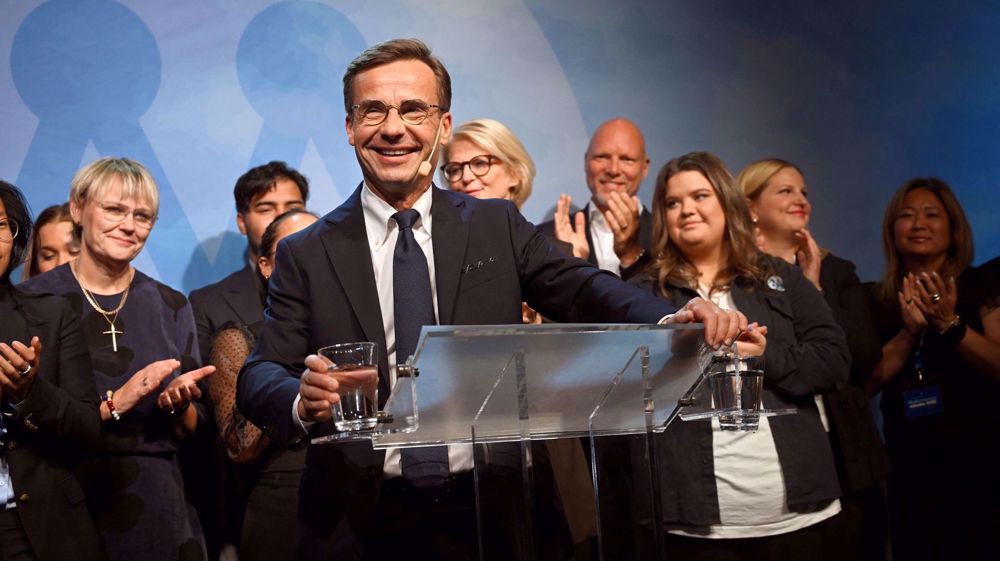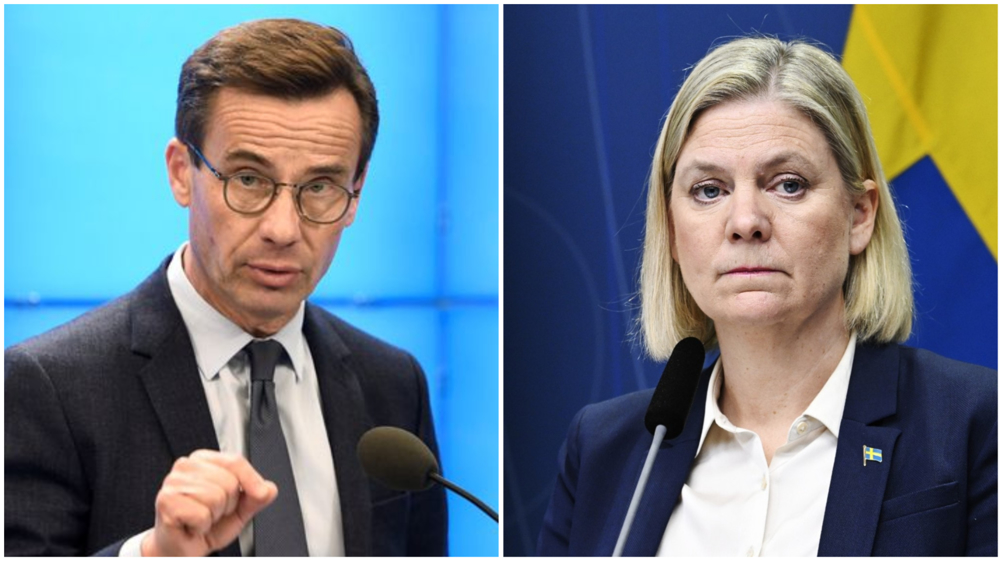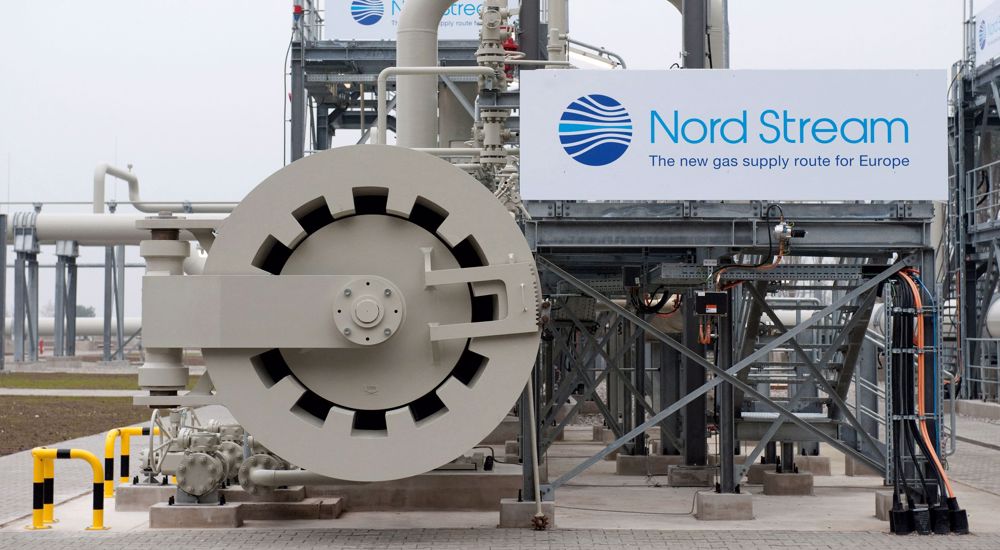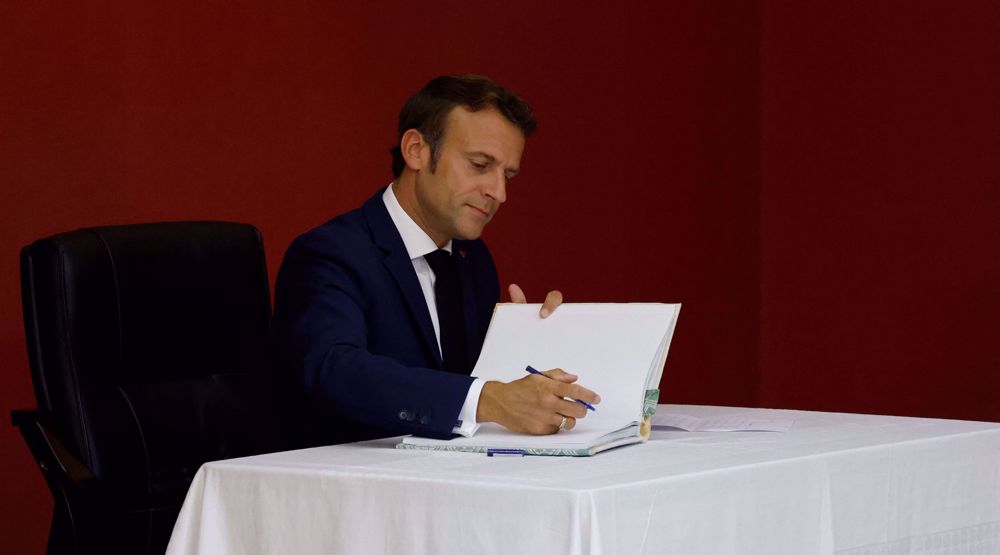In first, party with neo-Nazi roots to join coalition, form govt. in Sweden
An anti-immigrant party with neo-Nazi roots is set to join a ruling coalition to form a new government in Sweden after a narrow but dramatic victory in general elections.
The Sweden Democrat Party will be part of a coalition — together with Moderates, Christian Democrats, and Liberals — that appears set to get 176 seats in the 349-seat parliament compared to the center-left’s 173 seats, according to the latest figures from the election authority. The result is yet to be officially confirmed.
With 99% of the vote counted, only a handful of postal and overseas votes remain unassigned, but Swedish Prime Minister Magdalena Andersson has said she would resign since the results were clear enough to draw conclusions.
“I will therefore tomorrow ask the speaker to be relieved of my post,” Andersson told reporters during a news conference. She said that it was important that Sweden got a new government as soon as possible.
Andersson, who became Sweden’s first woman PM last year, said the results showed her opponents had won.
Ulf Kristersson, whose Moderate Party came third with 19% of the poll, is the most likely candidate for the post of prime minister, as Sweden Democrat leader Jimmie Akesson has failed to win the broad right-wing support needed to oust the Social Democrats.
The Sweden Democrats have gained 20.6% of the vote, and the Social Democrats 30.4%. Never before have the Sweden Democrats been part of a government.
Kristersson in a video on his Instagram account said, “I will now start the work of forming a new government that can get things done.”
There is no formal agreement between the coalition on how they will govern together but he is likely to try and form a government with the Christian Democrats and rely on support in parliament from the Sweden Democrats and Liberals.
The Sweden Democrat Party was formed in 1988 by right-wing extremists and did not manage to win seats in parliament until 2010 due to the party’s neo-Nazi roots.
In late 2019, the Moderates said they were ready to cooperate with the far-right party, which has expelled more radical members in an attempt to move toward the political mainstream.
With immigration as a hot topic in both the 2014 and 2018 elections in Sweden, the Sweden Democrats capitalized on that concern and aim for zero asylum-seekers, along with longer prison sentences and a wider use of deportations. The party also has a Euroskeptic stance.
A month before the election, a Sweden Democrat spokesman tweeted a photo of a subway train in the party’s blue and yellow colors with the words: “Welcome aboard the repatriation express. Here’s a one-way ticket. Next stop, Kabul!”
"Välkommen till återvandringståget. Du innehar en enkelbiljett.
— Tobias Andersson (@SDTobbe) August 16, 2022
Nästa stopp, Kabul!" pic.twitter.com/kaTn0KOinY
Andersson said she understood that many Swedes were worried about a party with white supremacist roots becoming the country’s second-largest party and a likely part of the new ruling coalition. “I see you concern and I share it,” she said.
After the last election in 2018, it took over four months to form a new government. A drawn-out negotiation this time would be unwelcome as the country grapples with surging inflation, rising interest rates and an energy crunch prompting a surge in electricity prices.
Sweden is in the midst of a cost-of-living crisis due to the Ukraine war and the economic effects of the pandemic, and could be heading for recession next year. Also, the country has to adopt long-term energy policies and measures to address climate change.
“There is a big frustration in society, a fear of the violence, concern about the economy, the world is very uncertain and the political polarization has become far too big also in Sweden,” Kristersson said, adding, “My message is that I want to unite, not divide.”
China ‘firmly opposes’ US military aid to Taiwan
VIDEO | Press TV's News Headlines
President Yoon Suk Yeol to be removed from office
At least 19 Gazans killed by Israeli airstrikes since dawn: Medics
Leader: Iran neither has nor needs proxy forces
US fighter aircraft shot down ‘in friendly fire’ amid aggression on Yemen
Yemeni FM: Israel’s sponsors accountable for ongoing aggression on Sana’a
Eight Palestinians killed as Israel attacks Gaza school, hospitals














 This makes it easy to access the Press TV website
This makes it easy to access the Press TV website